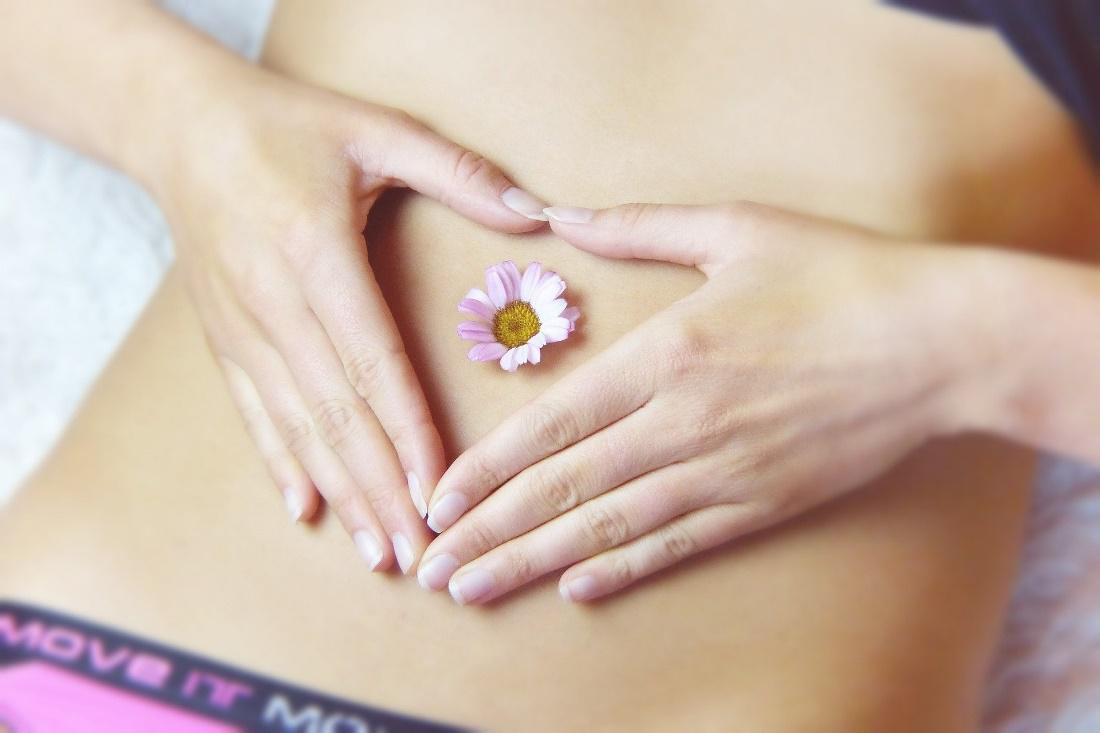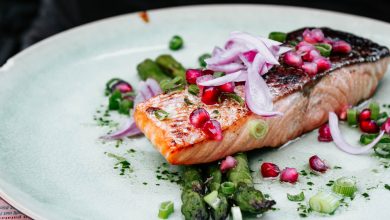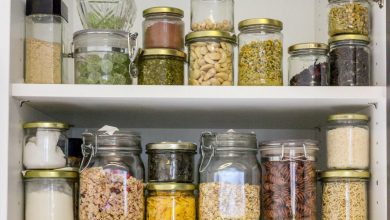
A gluten-related disorder diagnosis changes someone interacts with the world, and you can help
For some people eating gluten-free is a diet choice, but for most is a health crisis-based necessity. It can be hard to understand or know how to support a loved one who needs to make such a drastic switch. The shift is so drastic for them, however, that the best thing to do is try and offer what support you can to reduce the stress of both illness and extreme diet changes.
“It’s just a little gluten.”
This phrase, though often well-meant, should never pass your lips when it comes to a loved one on a gluten-free diet. It should probably also stay out of your head if you’re cooking for them, too.
Remember the worst stomach bug you ever had—the one where it came out both ends? A tiny, itty-bitty bit of gluten can cause that level of discomfort for your loved one. It only takes 10 mg of gluten to cause massive reactions for many people. Even if your loved one is a person who experiences only intestinal damage (and none of the stomach bug-type symptoms), 10 mg of gluten is plenty to set their ability to absorb critical nutrients back a long way.
To help you visualize, 10 mg of gluten is less than the amount in a single crouton. If you grab a piece of typical bread from the cupboard, a pea-sized crumb hits the 10 mg mark.
Putting ingredients or foods in front of a loved one and asking them to eat it because it’s “just a little gluten” can genuinely harm them, not least because they want to make you happy. The reality is, there is no such thing as “just a little gluten” for someone on a medically indicated gluten-free diet.
Change is Better Together
On the flip side, taking their need to be gluten-free seriously can be helpful to both your loved one’s physical and mental health. There are numerous ways you can show your support as they deal with their illness.
One small way to start is to create and gift them a gluten exposure care kit. Since gluten is so ubiquitous in our lives, even the most careful gluten-free eater can accidentally ingest enough gluten to become ill, as noted above, and that can come with seriously unpleasant consequences.
A gluten exposure kit is a collection of items that are helpful when someone is sick after gluten exposure, and assembling one is simple. Some things you can include would be a squatty potty; baby wipes; electrolytes such as Pedialyte or electrolyte tablets, to avoid added sugar; tummy soothing teas such as ginger, peppermint, and green tea; a heating pad; and simple, completely gluten-free foods. Look for foods like gluten-free chicken broth or rice crackers, as they’re both easy to prepare and to eat.
Supporting your loved one can also come by assisting them in avoiding gluten exposure. Everyone wants to celebrate together, for example, but things like a potluck or party buffets can be a nightmare for someone eating gluten-free.
If you’re planning an event, start by checking in on their level of comfort. Are they all right with you preparing food for them in your kitchen, or would they prefer packaged gluten-free foods? Do they have favorite items you can provide? Start here, and let your loved one guide you on how to best include them in the food-related festivities.
If they do agree to let you prepare food for them, make sure to read our post on having a gluten-free friendly home[a]. Even if you stick with prepackaged gluten-free foods, keep in mind that these foods should be placed on entirely different trays with completely different servingware. Any dish or spoon that may potentially touch food with gluten should be kept as far away from the gluten-free offerings as possible.
Maybe you prefer to plan celebrations out, at restaurants or bars. Great! Do a Google search for gluten-free friendly eateries in your area, or consider downloading the “Find Me Gluten Free” app to look at ratings and reviews of gluten-free options near you. Check with your loved one ahead of time to see if they would be comfortable eating food prepared at the location you chose, and listen to their feedback.
In a similar vein, be supportive when your loved one chooses not to eat what you provided or arranged. It only takes a few gluten exposure episodes to make someone paranoid about everything that goes into their mouth, and they may just be more comfortable preparing and bringing their own food. Treat it like it’s no big deal and carry on; normalizing their need to feel safe when they eat can help relieve a lot of stress.
In the end, the most important thing you can do is to be generally emotionally supportive. The ideas listed above are essentially different suggestions on how you can do that effectively.
Take the time to learn about their illness, either from them or from your own research. Don’t try to take over their care, and be sure to support the authority they have over their own needs.
Emotional support is particularly important after an episode of gluten exposure. Such an episode can make eating feel even more fraught than it already did, and we all know that feeling crummy has a way of making everything seem bleak. While not your responsibility to “fix” them when they feel down, asking for ways you can help, offering to run errands, and above all, not criticizing them for however they were exposed to gluten can go a long way to helping your loved one get back on their feet.
Still the Same Person
A gluten-related diagnosis can turn the world upside-down for a person, changing everything related to how they experience food. Grocery shopping, cooking, dining out, grabbing a bit, hanging with friends, spending time with family, and even building business relationships revolve around eating in some form, and now they have to think hard before they put anything in their mouth.
What it doesn’t change is that this is still the person you love, even if they now bring along a gluten-free meal in a plastic container every time you go out to eat. A gluten-free diet isn’t easy for anyone, but the return for sticking to it is a healthier, happier, more energetic individual who can live a longer, fuller life.
Sources:
https://tayler.silfverduk.us/gluten-exposure-recovery-kit/
https://tayler.silfverduk.us/tips-on-recovering-from-being-glutened/
https://www.healthline.com/nutrition/electrolytes-drinks
https://www.glutenfreewatchdog.org/news/what-does-10-mg-of-gluten-look-like
https://www.verywellhealth.com/how-much-gluten-can-make-me-sick-562489
[a]Hyperlink to blog 7













